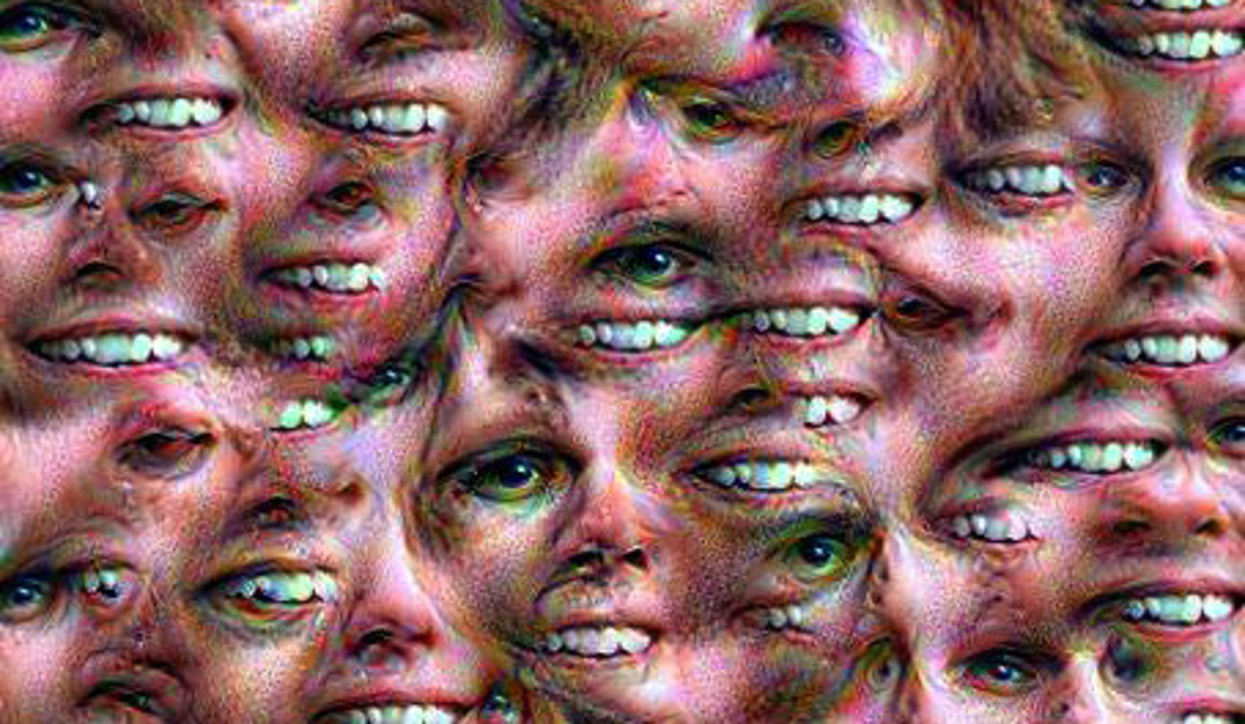A Statement Regarding UCPD Crowdsourcing Request for Identification

To the University of California Police Department (UCPD) and the Berkeley community,
We write to express our objections and concerns about the UCPD call for public participation to identify digital photos of individuals involved in the protest events of February 1st.
This invitation was announced in the Feb 17 communication to all UC Berkeley students, staff, and faculty from the UCPD, and was further updated on February 19: UCPD needs your help.
The alert, with the subject “UCPD Needs Your Help”, directs Cal students, staff, and faculty to a gallery of photos of unidentified people labeled “Individual #1”, etc requesting information about their identities. The page notes that those pictured may be either victims or have information about the violence committed on campus on Feb 1, and then further requests that any videos or images taken by community members of ‘recognizable persons’ participating in violent protest be forwarded to UCPD.
While we condemn the events of February 1st—when protesters inflicted property damage to the campus and surrounding areas, we have two concerns about this communication. We raise these concerns both as general citizens of the campus and also because these concerns relate directly to our own expertise in how new forms of media—such as the campus-wide public safety system, Nixle—often act in unexpected and powerful ways.
Our most important concerns are these:
First, the notice does not explain, engage, or contextualize the fact that many attendees at the protests, as they explained to us, chose to attend the rally in peaceful protest and wore face coverings to avoid “doxing” by off-campus extremists. In an era of ubiquitous social media and image-based search, such concerns are not unfounded, or irrational. Yet with no explanation or reference to this context, the presentation of masked community members and a call for identification by UCPD strongly implies nefarious behaviour on the part of those who may simply have been trying to protect themselves from the threat of unjust harassment, and may wish to continue to mask their identity against the possibility of retribution or harassment.
Secondly, we are concerned at the use of Nixle—a new public-safety alert system so far generally used for immediate threats—to invite community members to identify each other as victims, witnesses or perpetrators retrospective to any threat to the campus. While we recognize that there may be circumstances where a clear and current threat to our community merits such a call, we do not believe these circumstances rise to such a standards. Rather, the invitation to inform on and identify fellow community members engaged in protest activity, after the fact, risks instead a chilling threat to both privacy and freedom of expression. We acknowledge that this system is designed to categorize messages of varying urgency and importance, and this call was technically a “community” message not an “alert” or “advisory”— but such distinctions are invisible in the text-message alerts sent out to the general UC community, and, indeed, visible only to a far smaller group who elect to navigate directly to the web-based log of alerts.
We look forward to further conversation with UCPD, and the campus as a whole, on how we can develop guidelines for the reasonable, effective, and fair use of digital public safety systems for the common good, particularly as the media and technology involved in public safety transform and expand their power. Above all, such systems must continue to meet the essential standard we have established for our public safety officers on campus; that they “protect the innocent against deception, [and] the weak against oppression or intimidation.”
Sincerely,
Berkeley Center for New Media
Executive Committee
